Graduate students and advanced undergraduates at the University of Kentucky, watch this VIDEO (4m29s) about why you should take my EPE 525 / 640 course in the fall of of this year on the Philosophy of Education. The EPE 525 course is the undergraduate version of the EPE 640 class, which is for graduate students, and both meet at the same time and in the same room.
Why study the Philosophy of Education?
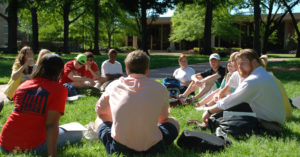
b) All research is rooted in frameworks of ideas that support and contextualize our work and thought, and that can clarify and help us to focus or be conflicted and confuse us if not carefully considered;
c) Everyone working in educational administration contributes to a system that functions with respect to or in conflict with underlying philosophical ideas. That calls for appreciating and always keeping in mind what we ought to be doing in education.
What you’ll get out of it / create:
1) A short “teaching statement,” “Statement on Educational Philosophy,” or related document commonly requested in academic job applications, as well as for administrative positions that often involve teaching courses or otherwise supporting them;
2) A book review for possible publication (optional route for students’ presentation);
3) A conference-length paper ready for submission to professional calls for papers;
4) A full-length research paper suitable for submission to journals and that could support your other projects;5) An op-ed-length version of the research paper for possible submission to newspapers or educational periodicals (optional);
6) Credits that can contribute to the Graduate Certificate in College Teaching and Learning.
When & Where?
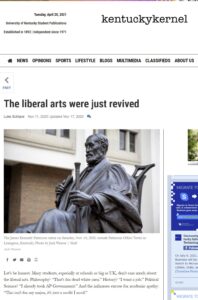
Former Students’ Success
From the Fall of 2020, 5 students, including one undergraduate, had their papers accepted for presentation at the 2021 Southeastern Philosophy of Education Society conference. Two more students have had their book reviews accepted for publication in the journal Essays in Philosophy. One published his op-ed in the Kentucky Kernel. All wrote fascinating statements on teaching philosophy.

Questions? Email me at eric.t.weber@uky.edu. You can also connect with me on Facebook, Twitter, LinkedIn, & Academia.edu.


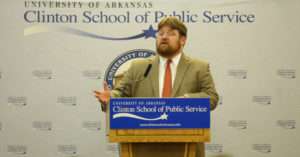
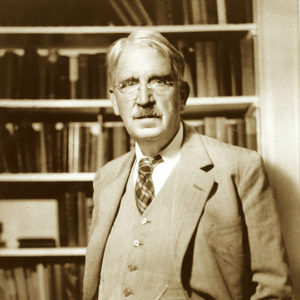
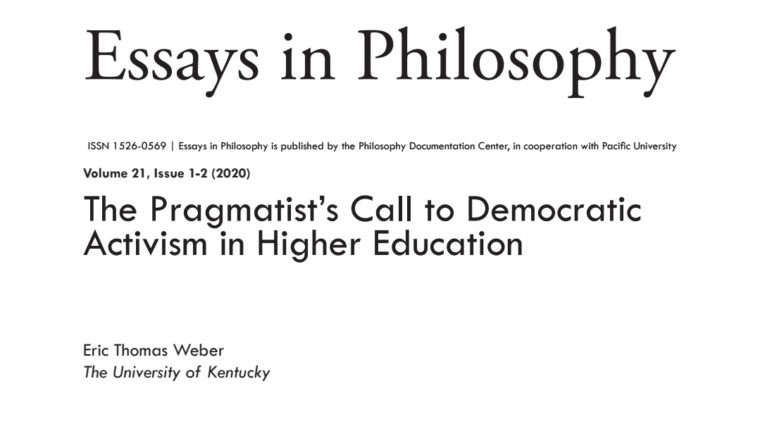
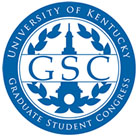
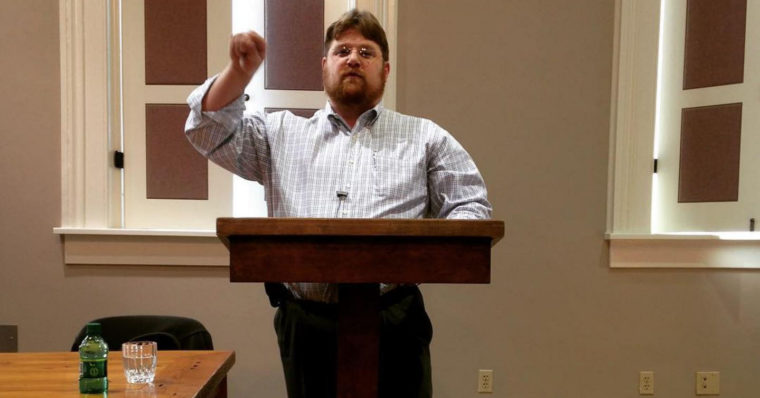
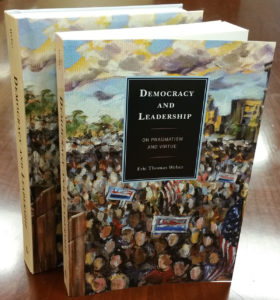

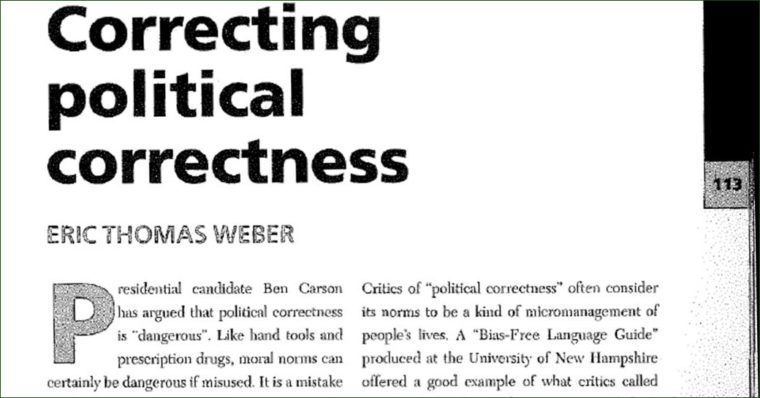
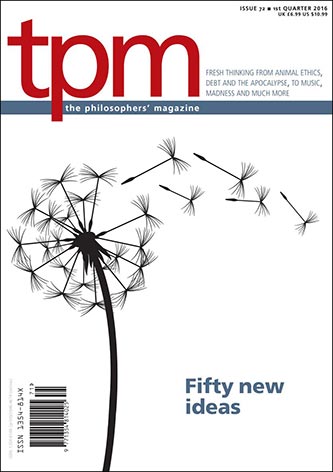
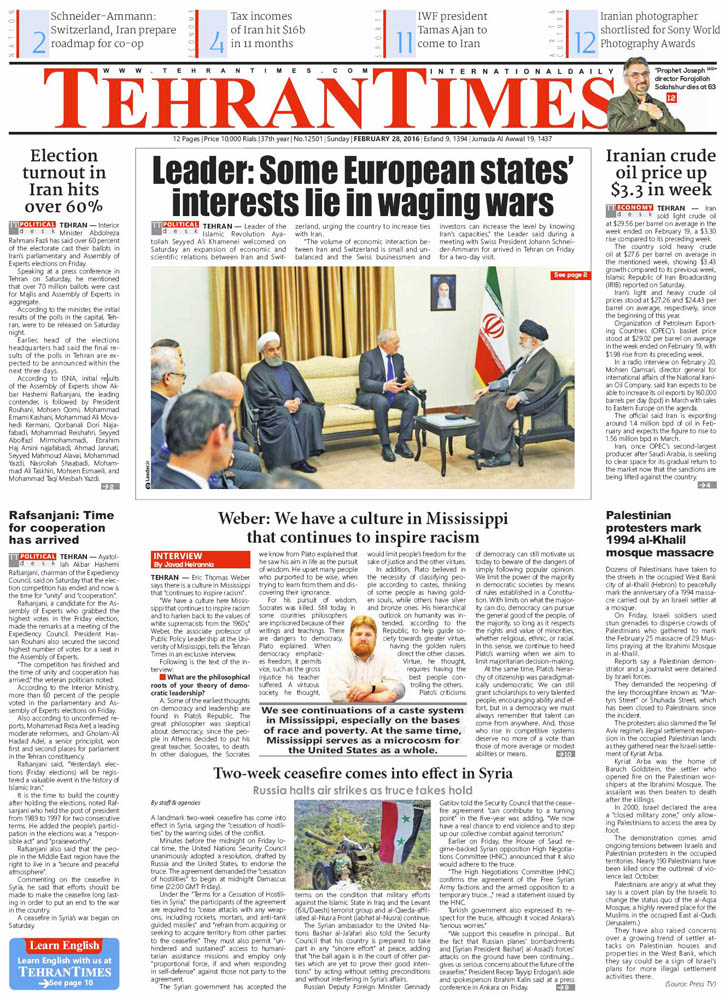





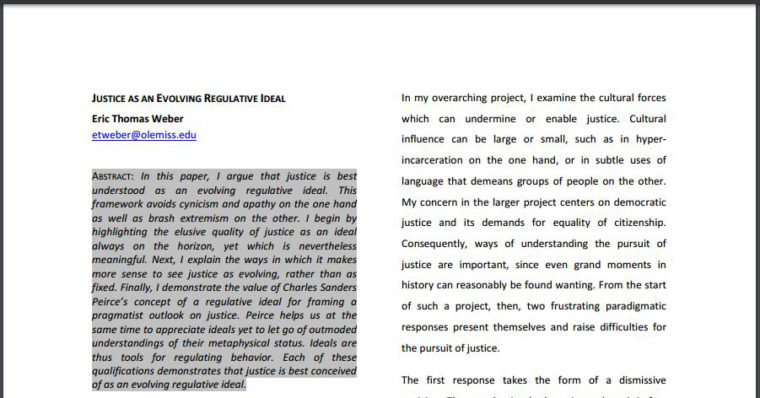


 About Me
About Me